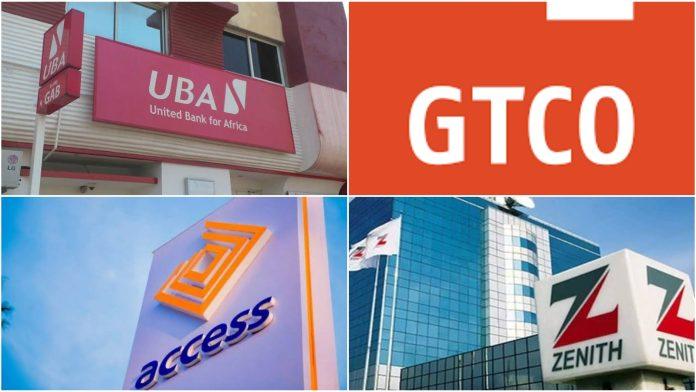Commercial banks across Nigeria are facing public backlash following prolonged service disruptions caused by ongoing technology upgrades. These upgrades, intended to enhance banking systems, have resulted in untold hardships for customers, particularly in rural areas.
Sterling Bank was the first to implement its technology migration, switching from T24 to SEABaaS, a locally developed core banking application. The transition, which caused widespread system outages, left customers frustrated for days.
Zenith Bank also recently began upgrading its IT infrastructure, transitioning from Phoenix, a London-based Finastra software, to Oracle’s Flexcube. Although the bank described it as routine maintenance, the move led to extended service interruptions, affecting customers nationwide.
For over a week, Nigerians struggled to access their accounts, and delays in salary payments fueled customer dissatisfaction. A user on X (formerly Twitter), @CuteNaija, lamented the failure of salary payments, posting, “All my workers I paid with Zenith Bank have not received salaries 48/72 hours after.”
Frustrations spilled over into protests outside some Zenith Bank branches as customers demanded access to their funds.
In the midst of these challenges, more banks have announced plans to upgrade their systems. Guaranty Trust Bank (GTB) is scheduled to begin its transition to a new Finacle Core Banking Application on October 11, which will lead to an 11-hour shutdown of digital services starting October 13.
Similarly, Access Bank will upgrade its systems from October 12 to October 13, temporarily disrupting services on its app, internet banking, and ATMs, although some basic functions like card usage and USSD services will remain operational.
These upgrades are part of a broader effort by Nigerian banks to keep pace with the rising demand for digital banking and to strengthen cybersecurity. Data from the Nigeria Interbank Settlement System (NIBSS) reveals an 84.37% increase in cashless transactions, reaching N572.63 trillion between January and July 2024. However, this rise in digital payments has been accompanied by a sharp increase in fraud, with reported losses surging by 496.96% over the past five years.
In response, Nigerian banks have ramped up their technology investments. Six major banks increased their spending on technology and cybersecurity by 176.09%, spending N196.89 billion in the first half of 2024 compared to the same period in 2023. Despite these efforts, customers remain anxious about the impact of further system upgrades on their day-to-day banking activities.
As the banks push ahead with their digital transformations, Nigerians brace for more disruptions while hoping for long-term improvements in service delivery.













